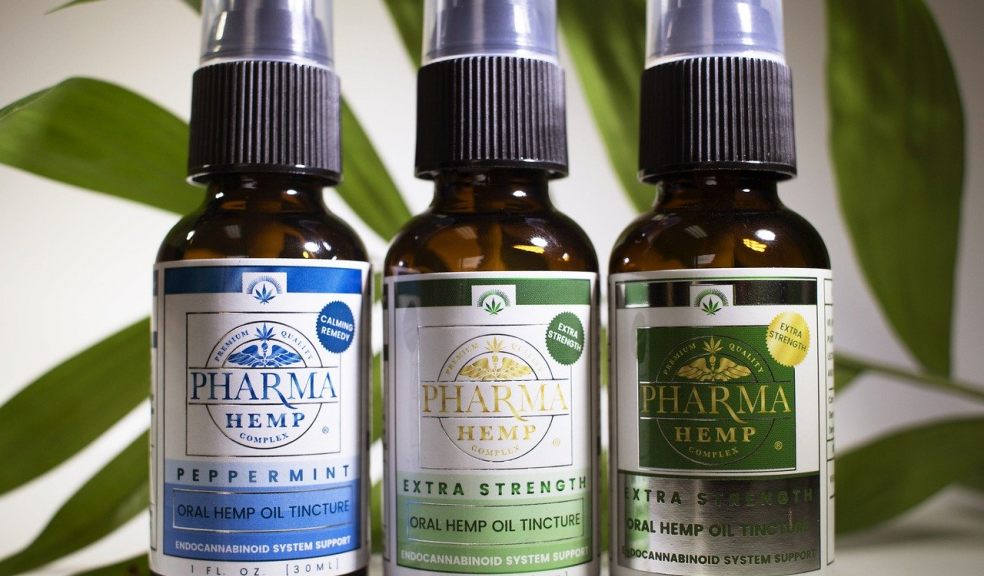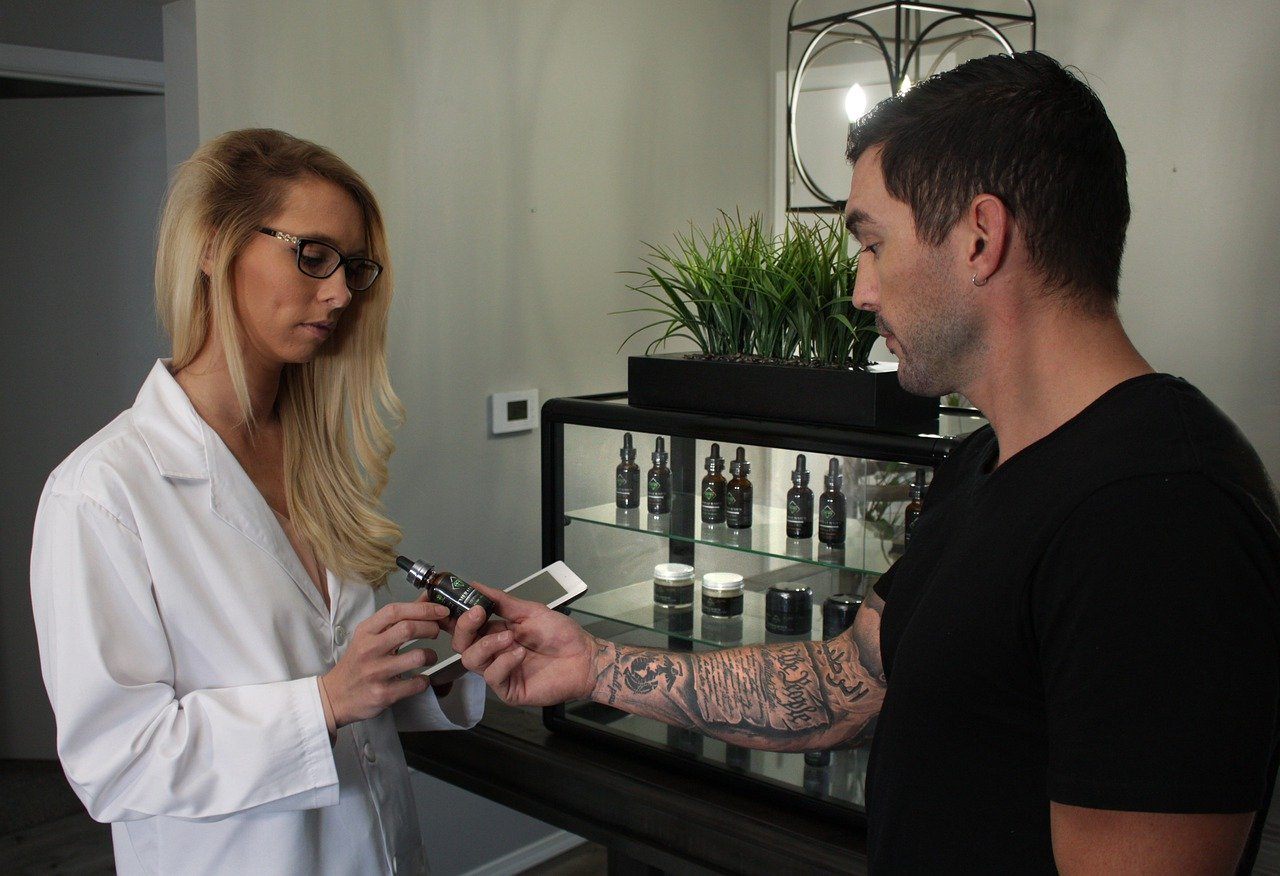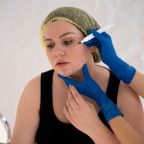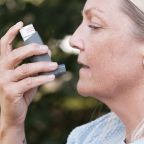
4 tips to know when visiting your doctor about CBD
The popularity of cannabidiol (CBD) has grown tremendously over the past couple of years, and understandably so. CBD can help to treat, manage, and even prevent a wide range of medical conditions.
Experts mostly recommend cannabidiol for the treatment of chronic pain thanks to its immense analgesic properties. It has also shown great promise with anxiety disorders, inflammatory conditions, neurological diseases, sleep disorders, just to name a few.
With plenty of health benefits of cannabidiol, it comes as no surprise that many people all over the world are jostling to add the substance to their wellness routines. But before you integrate CBD into your life, it’s generally recommended that you talk to your doctor about it.
Why Should You Talk To Your Doctor About CBD?
There are numerous reasons why you should seek professional guidance before you start using cannabidiol.
First, your doctor will establish whether you have a medical condition that CBD can treat. As we already indicated, CBD is mostly recommended for diseases that are symptomized by pain, such as arthritis, migraines, Multiple Sclerosis pain, and muscle pain.
In addition to pain, cannabidiol can also help with;
- Anxiety disorders, such as Social Anxiety Disorder, Panic Disorder, Post-Traumatic Disorder, and Obsessive-Compulsive Disorder
- Inflammatory conditions like cancer, acne, and Inflammatory Bowel Disease
- Neurological disorders, such as seizures, multiple sclerosis, and Alzheimer’s disease
- Sleep disorders like insomnia
After establishing whether you have a condition that CBD can treat, your doctor will also need to know whether you’re presently on any medication. Most importantly, they would want to find out how CBD interacts with those medications. It’s important to remember that about 60 percent of all medications are metabolized by specific enzymes in the liver known as cytochrome P450 or CYP450.
Coincidentally, these happen to be the same enzymes that metabolize CBD. Research particularly suggests that CBD is a strong inhibitor of CYP450 enzymes. Therefore, consuming CBD while you’re on other medications could interfere with your liver’s ability to metabolize those drugs. As more of those drugs enter your bloodstream it may result in severe side effects.
Last but not least, your doctor will assess your medical condition and then determine the right amount of CBD to prescribe.
Essentially, that will depend on five main factors including:
- Your age and body weight
- Your body chemistry, which includes aspects like your sensitivity and dependency to CBD as well as your rate of metabolism
- The method of administration
- The severity of the disease that you’re suffering from
- The strength of CBD in each product
How Do You Talk To Your Doctor About CBD?
- Familiarize Yourself with CBD Laws in Your Country or State
As you may already know, the laws governing the sale and use of CBD differ by country or state. Therefore, before approaching a doctor to enquire about CBD oil UK or any other country, understand what your local cannabis laws state. In certain jurisdictions, you may be legally required to possess a doctor’s prescription before buying and using CBD products.
While trying to establish the legal status of CBD in your country or State, focus on the position of the law on medical marijuana. That’s because most CBD products, with the exception of full-spectrum CBD, are generally used for medicinal purposes.
- Find a Doctor Who Is Knowledgeable About Medical Cannabis
There are many doctors out there who aren’t well-versed in the endocannabinoid system and the role of CBD in this system. That’s because, in many countries where cannabis is criminalized, the topic doesn’t form part of the coursework done by medical students. For the most part, such students only get to learn about cannabis from the internet or other publications.
However, it’s not impossible to find a doctor who’s quite familiar with the topic either. Essentially, these are doctors who have participated in cannabis-driven research programs, one way or another. The best way to locate such doctors is through simple online searches.
While looking up cannabis-qualified doctors on the internet, ensure you establish the reputation of the university where they graduated from or the research institution that they’re affiliated with.
- Prepare Your Appointment
A medical appointment is usually a brief and precise meeting. So, when planning to consult your doctor on CBD, remember to summarize all the pertinent questions that you’d wish to have them address.
Generally, start by enumerating your symptoms. When you present the list of symptoms to your doctor, they should immediately know whether CBD can help with your condition or not.
In addition to symptoms, also write down some popular CBD-related questions. Before putting these questions to your doctor on the day of the appointment, do your own research first. Remember, you want to put the doctor to the task and establish the depth of their knowledge on CBD and its effects.
Some of the pertinent questions you should consider asking include:
- Will CBD work for my condition and if yes, how long will it take to see the results?
- What’s the ideal CBD dosage for my condition?
- What’s the best method to consume CBD for my condition?
- Will CBD make me high?
- What’s the difference between CBD isolates, broad-spectrum CBD, and full-spectrum CBD?
- What should I consider when buying a CBD product?
- Don’t Be Afraid To Seek a Second Opinion
It could happen that your doctor doesn’t feel comfortable discussing CBD with you. Or, they may not be current with medical research and regulatory frameworks governing the sale and use of CBD in your jurisdiction.
As such, they may not be able to make the right CBD recommendation. If this happens, do not be afraid of seeking a second opinion.

A doctor prescribing CBD oil
As you prepare to consult your doctor on CBD, realize that the answer can either be a yes or no. If the doctor recommends CBD for your condition, good for you. But if they do not approve of the substance, you should understand them and not even seek a second opinion. However, ensure that the doctor explains to you why they think CBD might not work for your condition.
Generally, your doctor may not approve of using CBD if your condition isn’t the kind that CBD can help with or if CBD is criminalized in your jurisdiction. Also, they may discourage CBD if they predict possible negative drug interactions or if you have a compromised immune system.

















